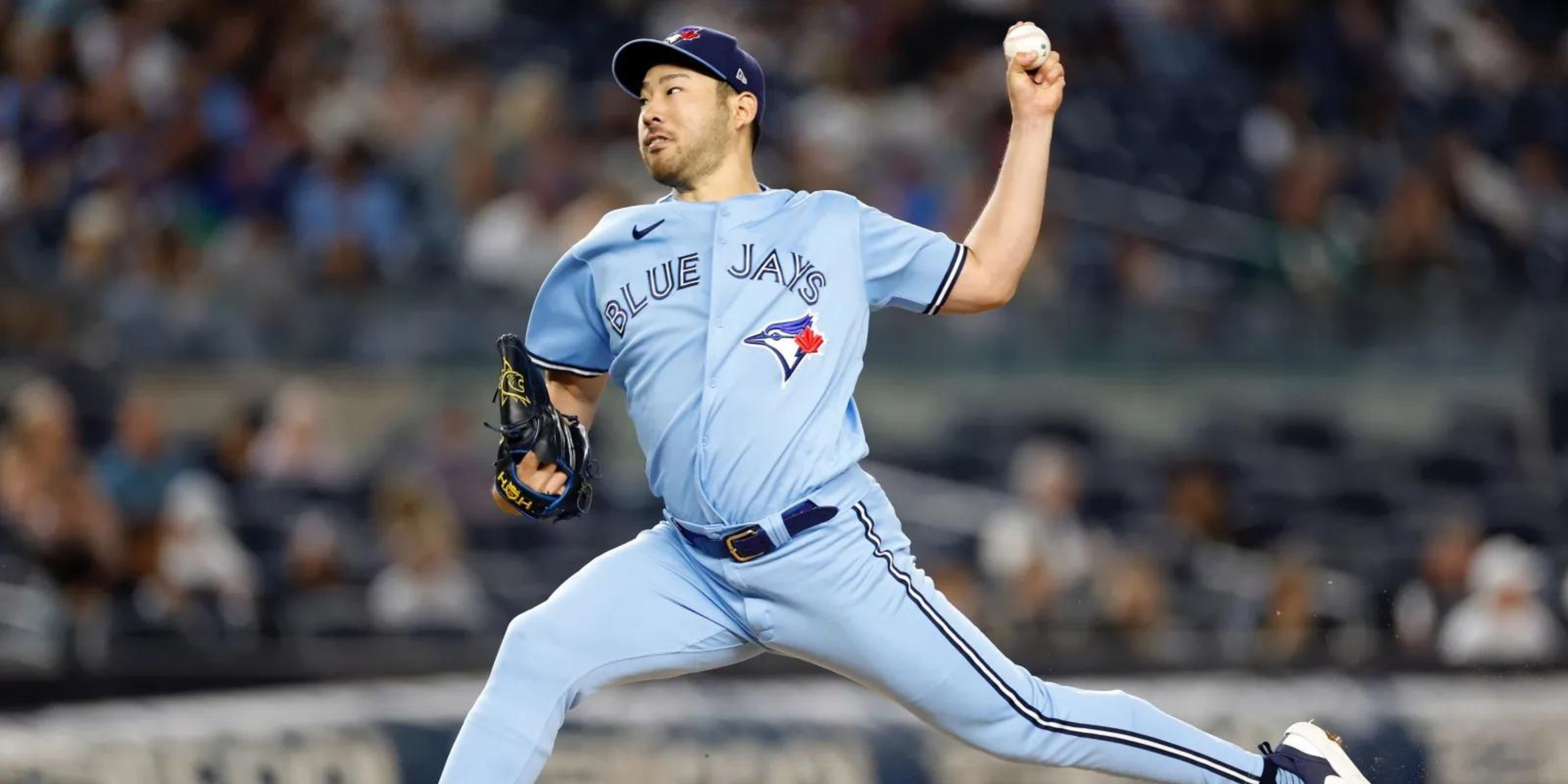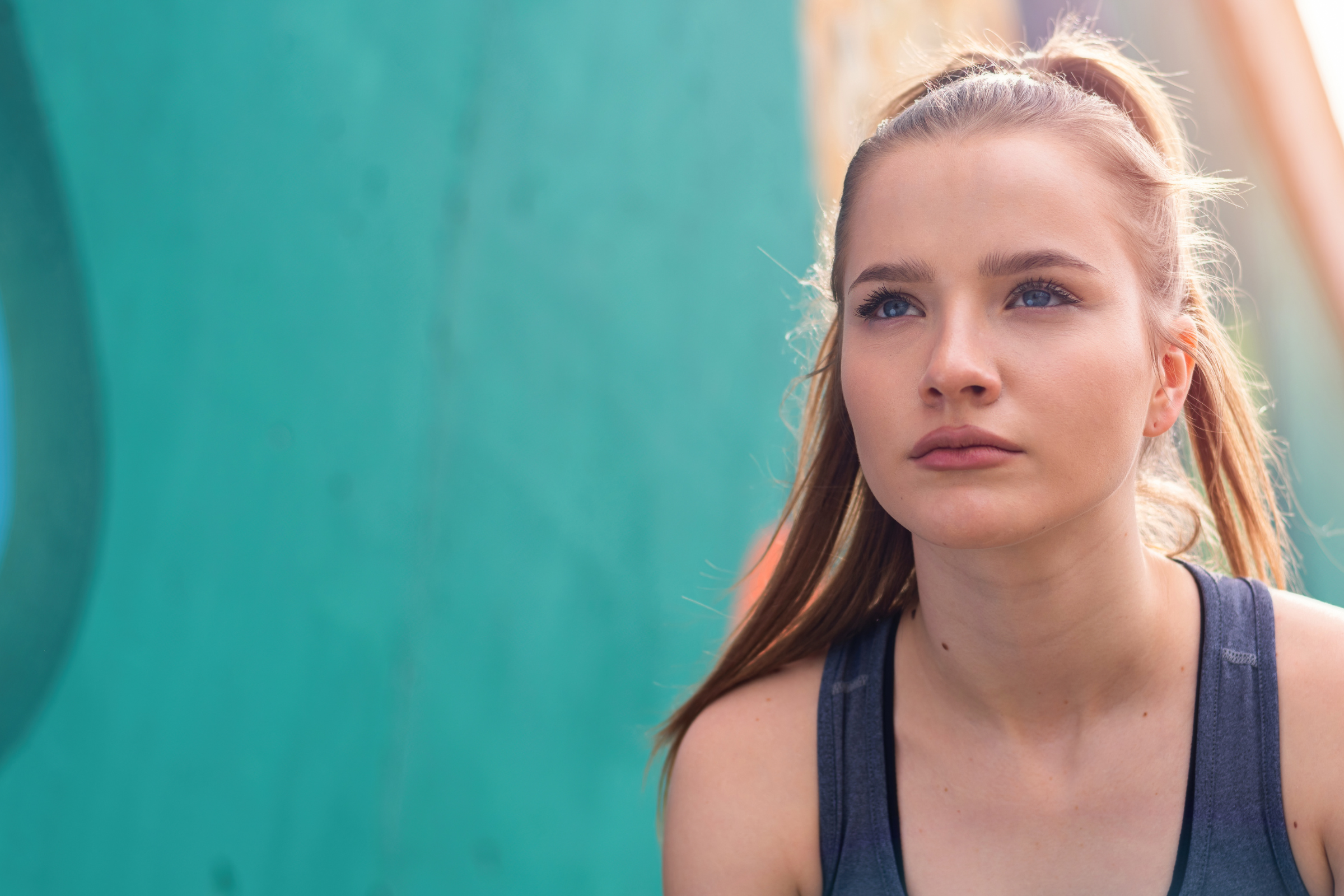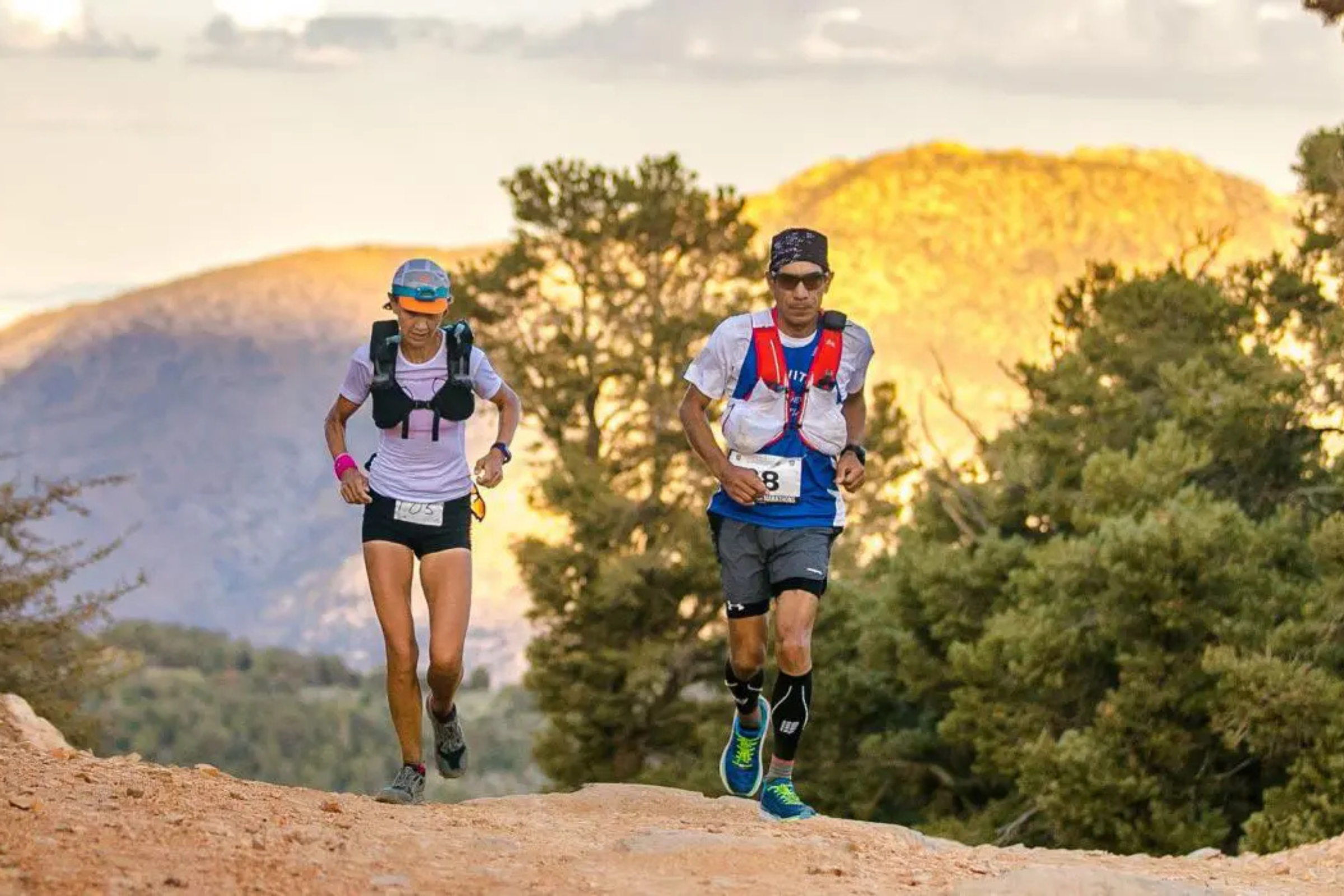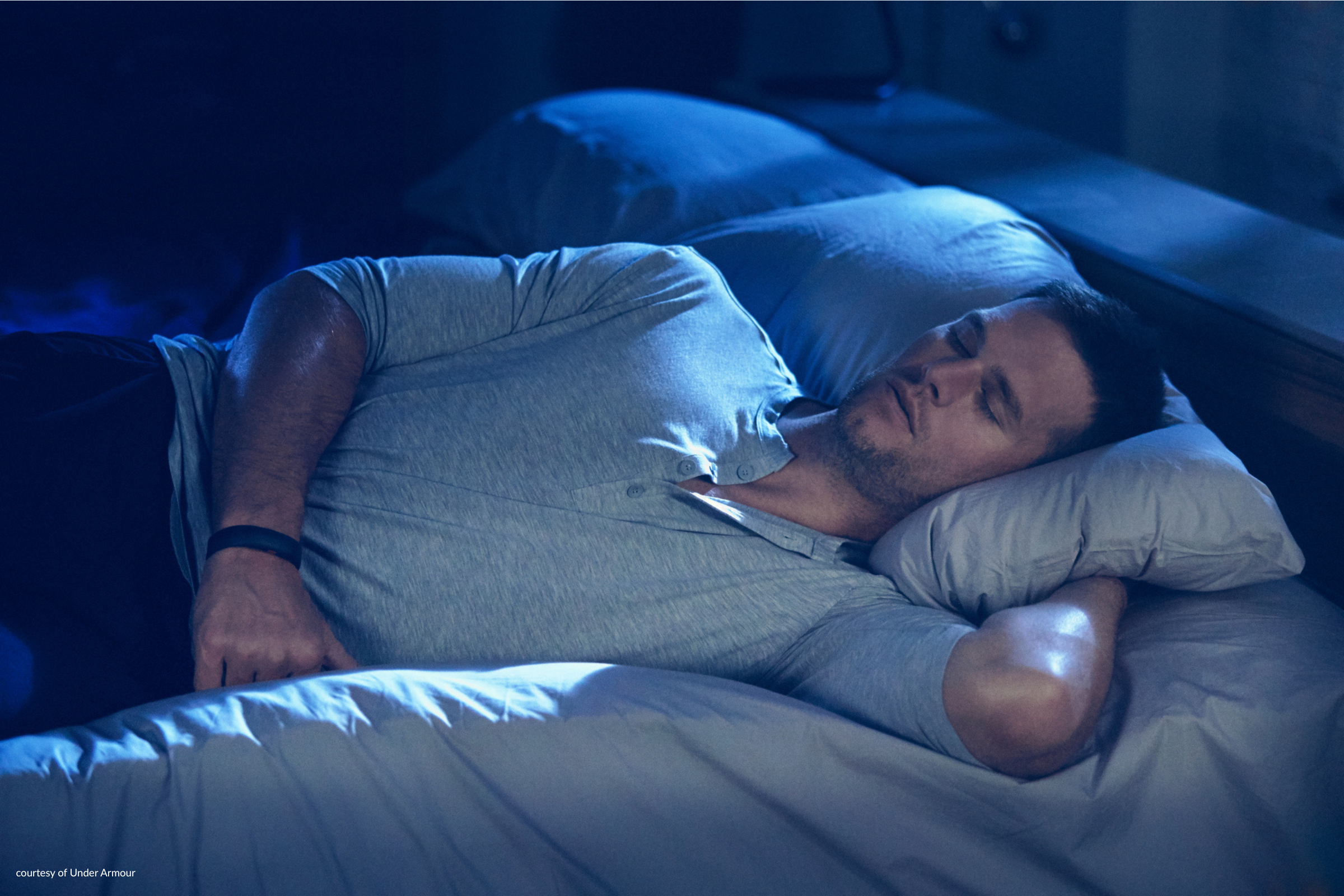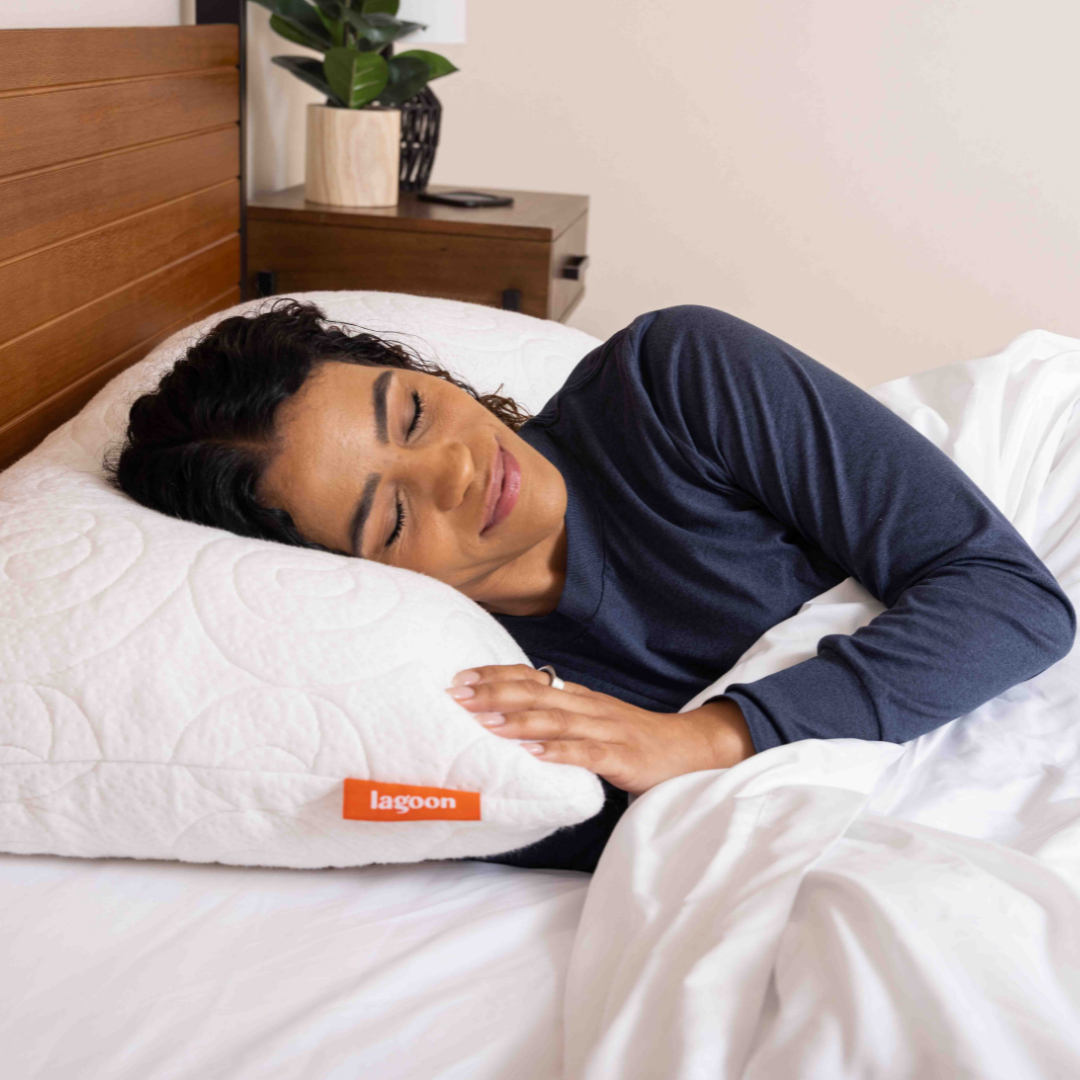Hey pack members 👋
How many hours of sleep does one of the top pitchers in the MLB get each night? When it comes to optimizing sleep - which is better brown noise or white noise? There’s plenty of exciting topics to cover in this week’s round up of sleep + fitness news, so let’s get into it…
🏁 It's Marathon Season - Rest Up, and Race!
So many Lagoon athletes have been training all summer, and now it’s time to toe the start line at some of the biggest races in the world. Starting in Berlin this Sunday, we’ll be cheering on @TommieRunz and @MattyK. Then next week, we kick off the Twin Cities Marathon here in our hometown, where Lagoon is an official sponsor. Come see us at the Expo, or try and spot Ryan sporting Lagoon in the race on Sunday, October 1st. Then we’re doubling up the next week, with both the Boulder Marathon (say hi to Dom and Don) and the Chicago Marathon. We’ll be at the expo in Chicago, and cheering on everyone from Emma Bates, to Caitlin Keen, to Jeremy Miller, and the list goes on and on!! Good luck to everyone who’s in the final stretches of their training for this season. Rest up, and race!
🔊 Why Brown Noise is the New Nighttime Anthem
Brown noise, an ambient "color" of noise distinct from the more common white noise, is gaining traction among sleep enthusiasts. Unlike white noise, which combines every audible frequency, brown noise offers a deeper, rumbling sound reminiscent of a thunderstorm or a tumble dryer. Many find this frequency, which sits on the lower end of the sonic spectrum, to be more soothing for sleep, especially when compared to other noise colors like pink. Despite white noise still being a popular choice for drowning out external disturbances, searches for color noises, especially brown, have surged in the past 18 months. In addition to helping insomniacs, brown noise has shown promise for individuals with tinnitus, a condition characterized by chronic ear ringing. The deep frequencies of brown noise may also benefit cognitive processes, possibly aiding those with ADHD. While further research is needed to ascertain brown noise's superiority in aiding sleep, its rising popularity indicates it's a growing trend in the world of sleep aids.
⚾️ Kikuchi's Secret Weapon - A Whopping 14 Hours of Sleep!
Blue Jays pitcher Yusei Kikuchi stands out not only on the mound, but also with his unique sleep requirement, reportedly needing a whopping 13 to 14 hours per night to pitch effectively. Kaitlyn McGrath of The Athletic highlighted that Kikuchi, after a commendable performance against the Yankees, exited the game due to cramps, attributing them to just 11 hours of sleep the previous night. While the typical adult might aim for seven or eight hours of sleep, athletes often need more for recovery. At 32, Kikuchi believes he requires even more rest than most. However, the idea of 14 hours of sleep is a luxury that leaves many fans and media members bemused. As he's set to pitch next on Sunday, the Blue Jays might want to make sure Kikuchi has cleared his schedule to fit in all that sleep.
🧬 From Tech Tycoon to Wellness Warrior: Bryan Johnson’s Transformation
Bryan Johnson, the tech entrepreneur behind mobile payment startup Braintree which merged with Venmo and later sold to PayPal for $800 million, recently shared insights into his personal journey with well-being at RAADfest 2023. Johnson, who is now known for his dedication to longevity treatments, revealed that his path to healthier living began when he decided to cut out late-night snacking and reduce work-related stress. Struggling with his faith and chronic depression while building his brand, he turned to comfort foods in the evenings. However, a pivotal moment came when he metaphorically "fired" this unhealthy evening routine, leading him to healthier habits. Johnson, now a prominent figure in the biohacking community, emphasizes the importance of basic wellness practices such as adequate sleep, proper nutrition, and regular exercise. He argues that adopting these simple habits can lead to the most material gains, and doesn't necessarily require substantial financial investment that he’s made in his biohacking lifestyle.
📱 The Digital Dilemma Between Screen Time vs. Sweet Dreams for Teens
With the beginning of a new academic year, many parents are struggling to reinstate healthy bedtime routines for their kids, specifically regulating screen time. Research reveals a strong connection between screen time, sleep deprivation, and mental health in tweens and teens. In the U.S., 42% of adolescents are experiencing mental health problems, and many aren't getting enough sleep. Excessive screen time, especially on social media, can intensify or trigger anxiety and depression. Furthermore, poor sleep can aggravate mental health issues, while also diminishing the positive effects of therapy and medication. Chronic sleep deprivation has even been linked to increased suicide risks. Handheld devices' light, even with filters, can reduce melatonin levels, making sleep more elusive. The content on these devices, especially fast-paced imagery like on TikTok, stimulates the brain, delaying sleep onset. The surgeon general recently highlighted the dangers of social media, urging for a safer online environment. Experts recommend avoiding screens at least an hour before sleep, and making incremental changes for better sleep hygiene.
That's it for this week's sleep news highlights. Stay tuned for more exciting updates on optimizing your sleep and health, and remember to follow @lagoonsleep on Instagram for your daily dose.



